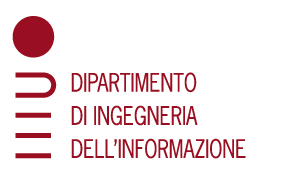This line of research focuses on quantum systems, their control and their applications in information technologies. In particular, we are interested in the study of models for quantum open systems that include noise and measurement processes, as well as open-loop and feedback control. The tasks of interest include robust state preparation, noise suppression and information encoding in physical systems. Key issues we consider include assessing scalability, speed and robustness of the control strategies. Ongoing research projects aim to study:






